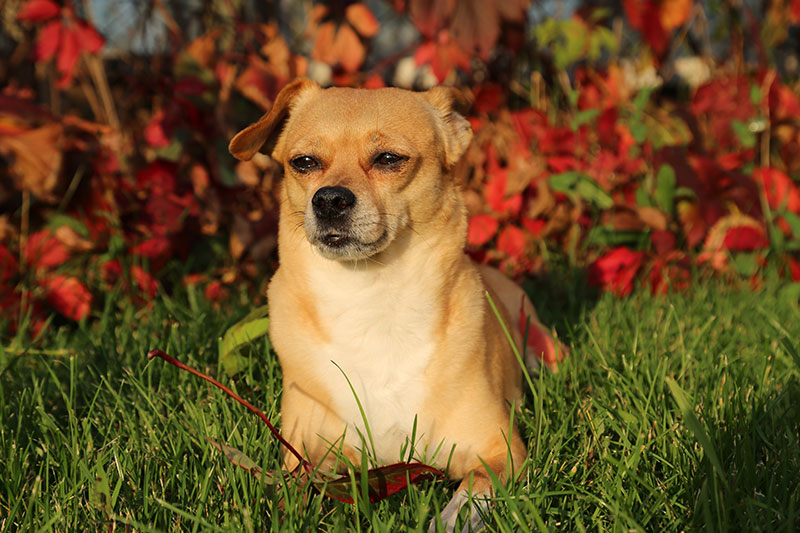
How to Address Your Pet's Seasonal Allergy Flare-Ups
Seasonal allergies can make some human immune systems go haywire, resulting in the miserable sneezing, coughing, congestion, and itchy, burning eyes that we call seasonal allergies. Although their symptoms usually look a little different from ours, pets can suffer from seasonal allergies, too!
Symptoms of Allergies in Pets
Your pet might be suffering from seasonal allergies, if they exhibit any of the following signs or symptoms as the pollen counts increase this spring and summer:
- Excessive itching and scratching
- Head shaking
- Biting or licking at their skin
- Skin redness
- Foul-smelling ears or skin
- Hair loss or bald spots
- Red or swollen paws
- Runny or red eyes
- Sneezing
It’s more common for allergies to express themselves in dermatological problems than in respiratory issues, but these symptoms can all indicate seasonal allergies.

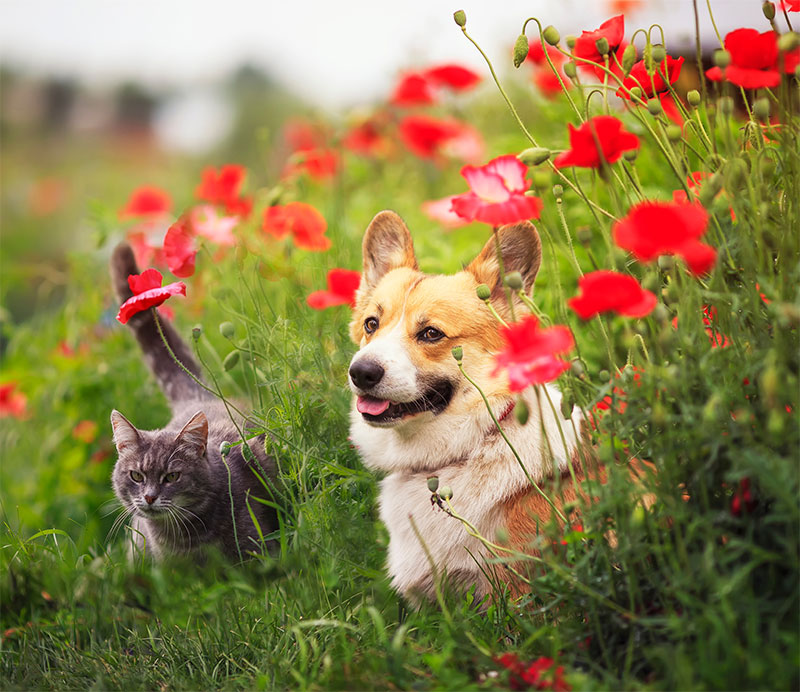
Strategies for Managing Your Pet's Seasonal Allergies
Change Your Walking Schedule
Pollen counts are highest in the mornings and late afternoons. It’s best to avoid these times and grassy places with lots of pollen-laden plants. Consider visiting an indoor dog park during allergy season or be sure to wipe your dog down thoroughly after running around outdoors, especially focusing on their feet.
Keep the Indoor Environment Clean
Install an air purifier and change the filters in your HVAC system regularly to keep allergens out of your indoor air. It’s also important to wash your pet’s bedding and toys in hot water frequently to eliminate allergens from accumulating on them.
Go for a Medicated Bath
A medicated bath will soothe itchy skin. Look for unscented, hypoallergenic, anti-itch shampoos with aloe, oatmeal, or moisturizing ingredients.
Provide Dietary Supplements
Talk with our veterinarian about giving your dog a dietary supplement like omega-3 or omega-6 fatty acids to help relieve itchy skin.
Allergy Treatments With a Veterinarian
There are plenty of allergy treatments our veterinarian can provide to your pet as well. This includes over-the-counter antihistamines (in doses appropriate for pets), prescription itch-suppressants, and even immunotherapy/allergy shots. A veterinarian can help you determine the best treatments for your pet’s allergy concerns.
Schedule an Allergy Appointment for Your Pet at Sleepy Hollow
If you notice signs of allergies in your cat or dog, we encourage you to schedule an allergy appointment for your pet with our veterinarians at Sleepy Hollow Animal Hospital. We’ll perform a thorough physical examination and work with you to determine the best course of treatment to help your pet get relief from their allergy symptoms.
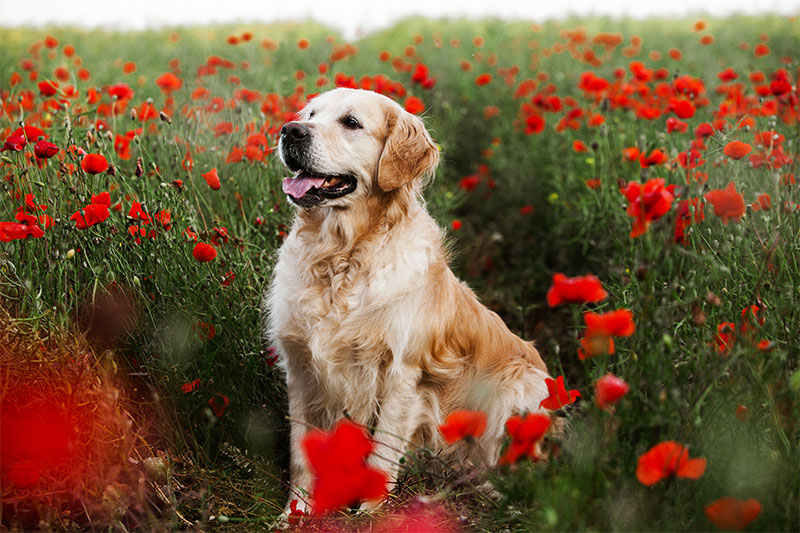
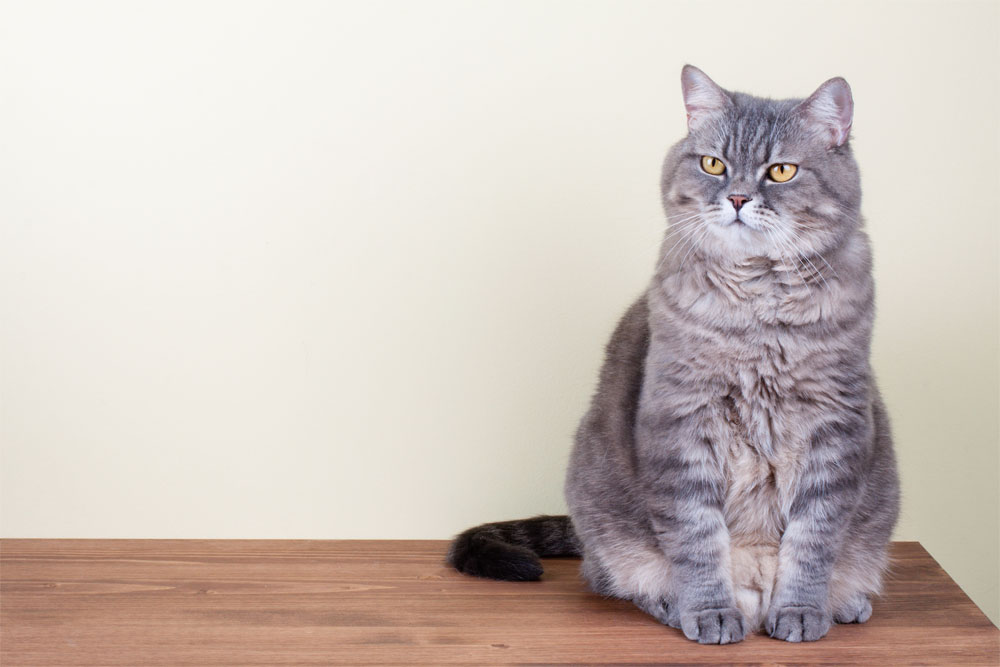
Is My Pet Overweight? Signs Your Pet Needs to Lose Weight
With their fluffy, round physiques, chubby pets have taken over the internet with cute pictures and their own social media accounts. “Chonky” pets, however, aren’t as cute as the internet would like you to believe. We love all animals and, of course, we think they’re all cute, but obesity is a serious health problem for cats and dogs.
Is My Pet Fluffy or Chubby?
According to a 2018 survey from the Association for Pet Obesity Prevention, an estimated 56% of dogs and 60% of cats in the United States were either overweight or obese.
To determine if your pet needs to lose weight, there are a lot of signs that you might be able to see if you know what you are looking for. The Animal Hospital Association of America (AAHA) has created a chart that can help you determine the healthy weight of your pet, but these general tips can help you determine if your pet needs to lose weight:
1. Shape from above
When viewed from above or the side, both cats and dogs should have an obvious waist. The chest should be the widest part of the body, which should narrow in front of the hind legs. A sausage or rounded shape is a telltale sign of extra weight.
2. Hidden Ribs
You should be able to feel your pet’s ribs. As you run your fingers along their ribcage, there should be a very faint layer of fat overlying the ribs. If there is a thick layer of fat or you can’t feel the ribs at all, then your pet is carrying around too much weight.
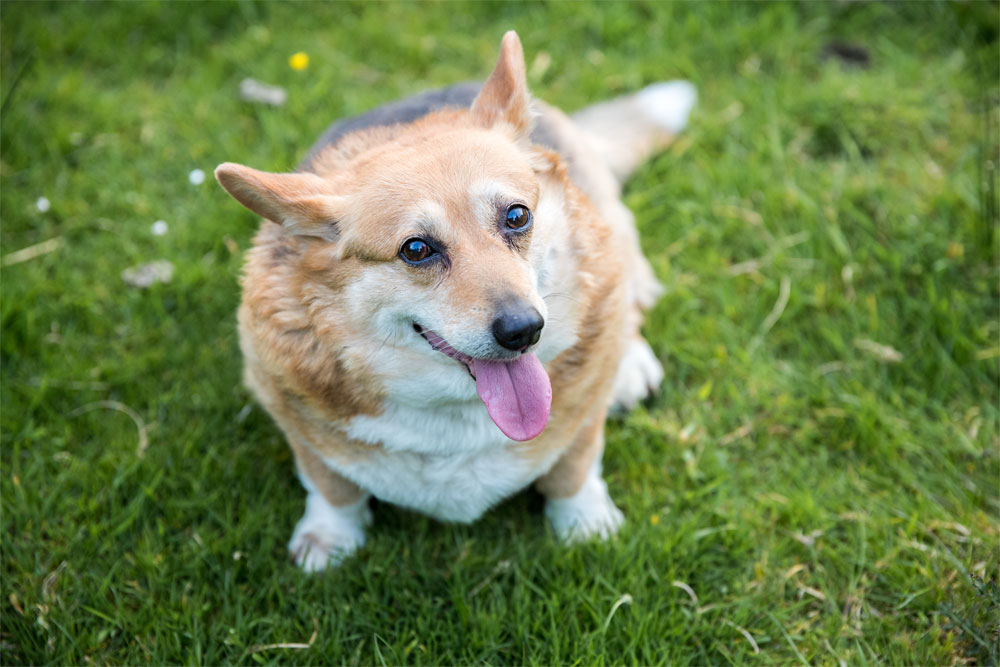
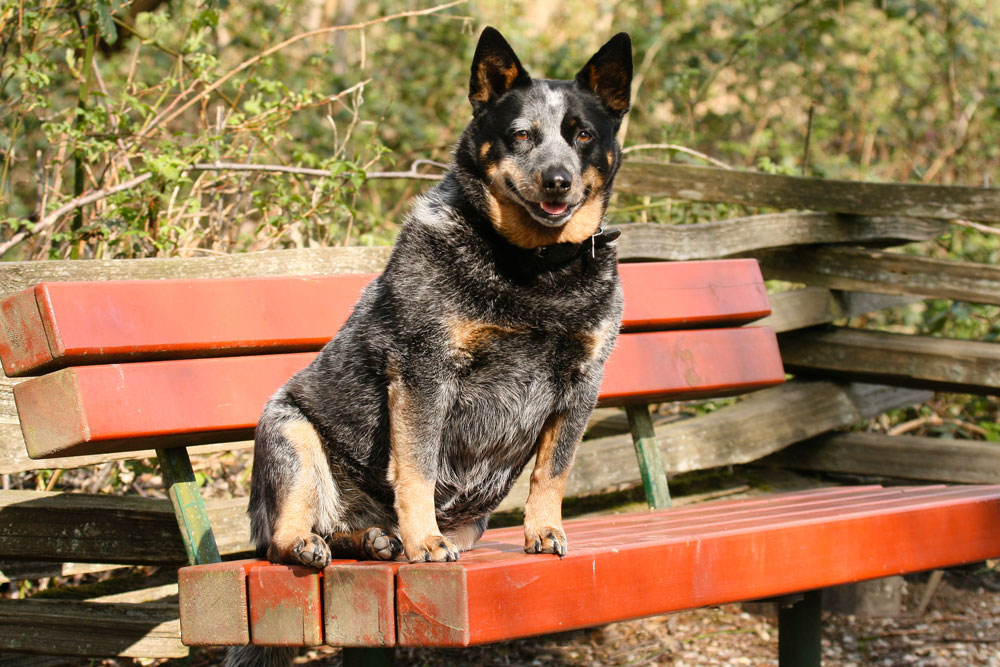
3. Abdominal Tuck
When viewing your pet from the side, there should be an abdominal tuck present.. If there is a flat or bulging shape to the abdomen, then your pet should shed a few pounds.
4.Tailbase Fat
The bones at the base of the tail are easily felt in a healthy-weight pet. If these bones are hard to feel or unable to be felt, then this indicates excessive fat in this area and hence a need for overall weight loss.
5. Disinterest in Physical Activities
Cats and dogs – even seniors – should show some interest in active play. If yours doesn’t or tires quickly, this could indicate that they’re carrying around extra weight. Lethargy can also be a sign of other health problems. If your pet seems unusually tired or inactive, schedule a checkup.
How Obesity Affects Your Pet's Health
A few extra pounds on pets can do major damage to their health. Overweight pets are more likely to suffer from diabetes, cardiovascular disease, respiratory disease, joint disease, liver disease, and other avoidable health problems. They also tend to live much shorter lifespans. Thankfully, your pet’s weight can be easily managed with a balanced diet and regular exercise. If you are interested in finding more information about the importance of a healthy lifestyle for you and your pet, One Health produced a terrific editorial that explores the health correlations between pets and their owners.
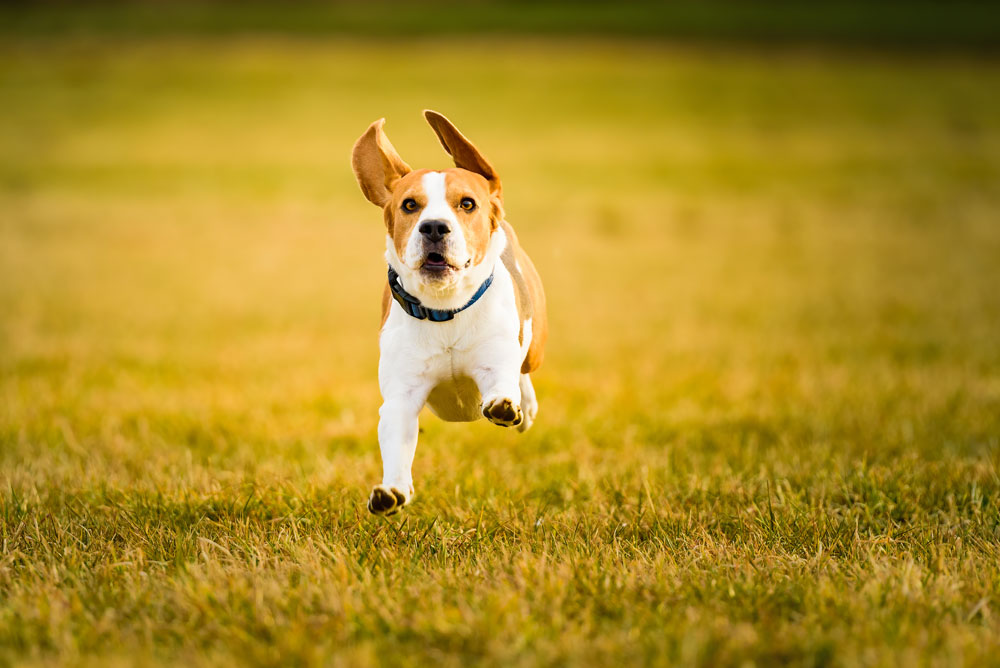
Weight Management and Nutritional Counseling for Overweight Pets in Sleepy Hollow
At Sleepy Hollow Animal Hospital, our veterinarians assess weight, body condition score, and fitness during every exam to help our clients keep their pets at a healthy weight. If your pet is overweight or suffering from obesity, we will work with you to develop a nutrition and exercise plan to help your cat or dog shed pounds and get back into shape. If you’re concerned about your pet’s weight or dietary needs, we welcome you to schedule a weight management appointment today.










